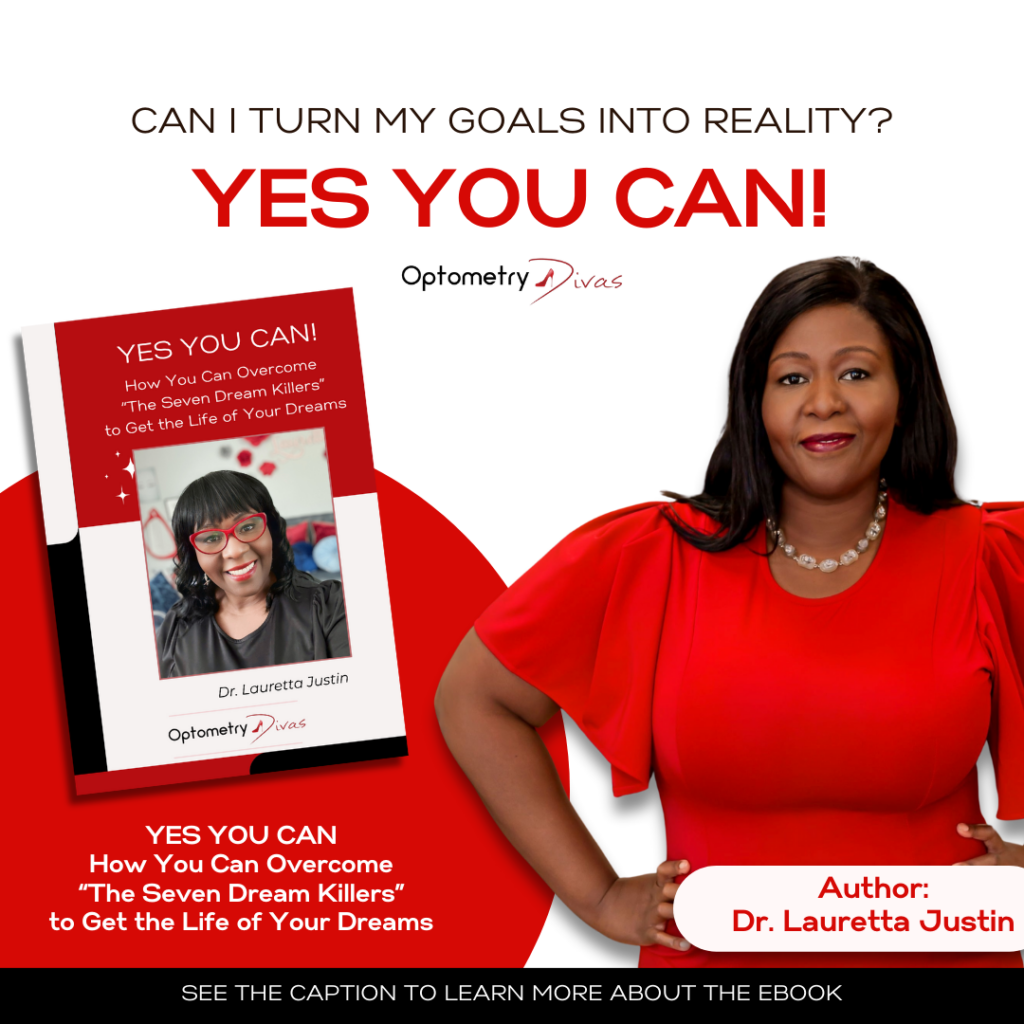Overcoming Anxiety: Finding Calm Amidst the Chaos

May is Mental Health Awareness Month, which also raises awareness for anxiety disorders. Anxiety is something that many people experience at some point in their lives. It’s the feeling of being overwhelmed, on edge, or constantly worried. At times, it feels like your mind is racing, heart pounding, and no matter what you do, you just can’t shake the sense of impending doom. But while anxiety can be debilitating, it is possible to overcome it and regain control of your life.
As Helen Keller once said, “Although the world is full of suffering, it is also full of the overcoming of it.” Anxiety may feel like an unstoppable force, but with the right tools and mindset, you can navigate through it and find your peace again.
What is Anxiety?
“Anxiety does not empty tomorrow of its sorrows, but only empties today of its strength.” – Charles Spurgeon
Anxiety is our body’s natural response to stress. It’s a feeling of fear or apprehension about what’s to come. While a little anxiety can be helpful in keeping us alert and prepared, excessive anxiety can hold us back and keep us from living fully. For many, anxiety can manifest in different forms, whether it’s a general sense of worry, panic attacks, or fear over specific situations.
Understanding that anxiety is often rooted in the mind’s attempt to protect us—though misguided—can be the first step to overcoming it. The goal is not to eliminate anxiety entirely, but to manage it in ways that allow us to thrive.
Story of Courage: Oprah Winfrey’s Battle with Anxiety
Even the most successful individuals have faced anxiety. Oprah Winfrey, a globally admired media mogul, has openly shared her struggles with anxiety. After years of being in the public eye, the pressure, expectations, and constant demands took a toll on her mental health. She has spoken about moments of overwhelming fear and the sense that she wasn’t in control of her emotions.
Through therapy, meditation, and grounding practices, Oprah was able to regain control. Her experience is a powerful reminder that anxiety doesn’t discriminate—it can affect anyone, no matter how successful or confident they seem. Yet, it also shows that overcoming anxiety is possible through self-awareness and the courage to seek help.
Small Steps Toward Calm
“You don’t have to control your thoughts. You just have to stop letting them control you.” – Dan Millman
When you’re dealing with anxiety, the idea of overcoming it can feel like an impossible mountain to climb. However, breaking it down into small, manageable steps can make the journey less daunting. Here are a few ways you can start to reclaim control:
- Breathe: Deep, mindful breathing is one of the simplest yet most powerful tools in managing anxiety. When anxiety hits, your breathing becomes shallow and rapid. Slowing down and taking deep breaths can help calm your nervous system. A popular technique is the 4-7-8 breathing method: breathe in for 4 seconds, hold for 7 seconds, and exhale for 8 seconds.
- Challenge Your Thoughts: Anxiety often comes from irrational thoughts or worst-case scenarios playing out in your mind. Ask yourself, “Is this thought true? Am I catastrophizing?” Challenging these thoughts and reframing them can help you see the situation in a more balanced light.
- Practice Mindfulness: Mindfulness teaches you to stay present in the moment, rather than being consumed by worries about the future or regrets about the past. One way to practice mindfulness is by paying attention to your senses—notice what you can see, hear, feel, taste, and smell. This can ground you in the here and now, providing relief from anxious thoughts.
The Power of Connection
“Sometimes the most important thing in a whole day is the rest we take between two deep breaths.” – Etty Hillesum
Anxiety thrives in isolation. The more we try to battle it alone, the bigger it can seem. Reaching out to others—whether friends, family, or professionals—can be incredibly healing. Talking to someone you trust can help you gain perspective and feel less alone in your struggles. In fact, studies have shown that sharing your feelings with others can significantly reduce the severity of anxiety.
One of the most powerful stories of overcoming anxiety comes from Olympic swimmer Michael Phelps. Despite being one of the greatest athletes of all time, Phelps has been candid about his struggle with severe anxiety and depression. After his retirement, Phelps revealed that he had contemplated suicide but ultimately sought help through therapy and support from loved ones. Today, he advocates for mental health awareness, reminding us that even champions need help sometimes.
Learning to Accept Uncertainty
“Feelings come and go like clouds in a windy sky. Conscious breathing is my anchor.” – Thich Nhat Hanh
A major source of anxiety is the fear of uncertainty—what might happen tomorrow, next week, or next year. The truth is, we can’t control the future. Trying to do so only leads to more anxiety. Instead, learning to accept uncertainty is key to managing anxiety.
Practicing acceptance doesn’t mean giving up on trying to improve your situation. It simply means acknowledging that uncertainty is a part of life and choosing to focus on what you can control in the present moment.
Brené Brown, a research professor and author, has written extensively about vulnerability and uncertainty. She explains that embracing uncertainty is an act of courage and can lead to a more authentic, fulfilling life. As Brown says, “Vulnerability sounds like truth and feels like courage. Truth and courage aren’t always comfortable, but they’re never weakness.”
Finding Your Anchor in the Storm
“Do not let your difficulties fill you with anxiety; after all, it is only in the darkest nights that stars shine more brightly.” – Ali Ibn Abi Talib
Everyone experiences anxiety differently, but what unites us all is the potential to rise above it. One of the most effective ways to manage anxiety is to find what grounds you—whether that’s faith, meditation, exercise, or even spending time in nature. Discover what brings you peace and use it as your anchor when anxiety tries to pull you under.
One inspiring example is the journey of Elizabeth Gilbert, author of Eat, Pray, Love. After experiencing a life crisis that led to deep anxiety and panic attacks, Gilbert embarked on a journey of self-discovery. Through meditation, yoga, and seeking spiritual guidance, she was able to find peace within herself. Her story reminds us that there is always a path to calm, even when we feel lost.
Building Resilience
“You may not control all the events that happen to you, but you can decide not to be reduced by them.” – Maya Angelou
Overcoming anxiety isn’t about eliminating it entirely. Anxiety may always show up in life’s difficult moments. But by building resilience, you can learn how to manage it and not let it take over your life. Resilience comes from acknowledging your fears, facing them head-on, and continuing to move forward, even when it’s hard.
Maya Angelou’s words remind us that while we cannot control every challenge that comes our way, we can control how we respond. The key is to keep showing up for yourself, even when it feels impossible.
Conclusion: You Have the Strength to Overcome
“Anxiety is a thin stream of fear trickling through the mind. If encouraged, it cuts a channel into which all other thoughts are drained.” – Arthur Somers Roche
Anxiety doesn’t define you. It’s something you experience, but it’s not who you are. You are resilient, capable, and stronger than you think. Whether it’s through breathing techniques, seeking support, or practicing mindfulness, small steps can lead to profound healing.
If you’re struggling with anxiety, remember that you are not alone. There are countless others who have walked this path and found peace on the other side. As you work toward overcoming anxiety, keep in mind the words of Eleanor Roosevelt: “You gain strength, courage, and confidence by every experience in which you really stop to look fear in the face.”
Ready to find support on your journey to calm?
Join the Optometry Divas community where you’ll find peer support, resources, and a safe space to share your story. Together, we can face anxiety and find the peace we deserve. Let’s rise above it, one step at a time.
Top image used under CC0 Public Domain license. Image cropped and modified from original. The content on this blog is not intended to be a substitute for professional medical advice, diagnosis, or treatment. Always seek the advice of qualified health providers with questions you may have regarding medical conditions.




